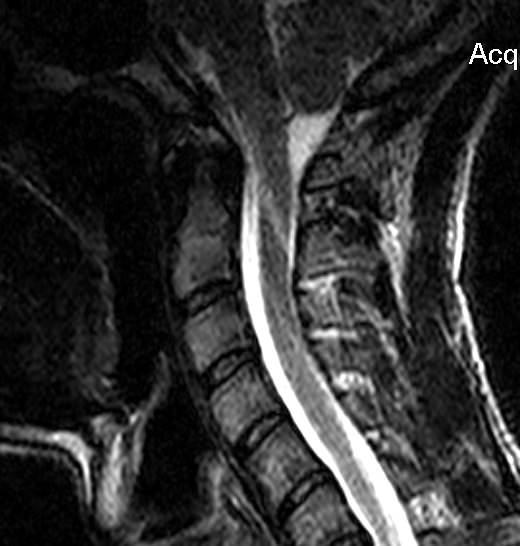I found out about Dr. Greenfield in Chiari groups a year back when he had positive appraisal, I was thrilled to know that he even accepted Medicaid. It sounds like many are having second thoughts about him now.
Yep.
The more time that goes by, the more data we have to assess the strengths and weaknesses of these neurosurgeons. There was enough negative patient input for me to quickly rule out Greenfield, although I had seriously considered him initially.
When I read the same message boards, the reception to Dr. Bolognese was very controversial and mixed, to some he was a miracle worker, to others he was a butcher.
Yes, I’m aware that Dr. Bolognese has been considered controversial by some people, especially a few years back. I was initially wary of him until I did literally thousands of hours of research.
@Silencio expressed some concerns and might want to check out this post.
Dr. Henderson is essentially without controversy and most patients consider him to be the “safe gold standard” for CCI/Chiari surgery. Dr. Henderson has also broken a lot of important ground with his research publications.
I ultimately chose Dr. Bolognese though, after literally thousands of hours of careful, painstaking research. I preferred his innovative fusion method over Dr. Henderson’s standard fusion method. I also had the opportunity to interact with thousands of patients, and I found Dr. Bolognese to be the most consistently excellent and the best choice for what I wanted.
Dr. Bolognese takes the most severe cases that Henderson, Greenfield, and Sandhu won’t touch. I was severe, but not critically so, and Henderson would have been my second choice.
As for my own surgery experience, I ended up being very pleased and impressed with Dr. Bolognese — and I’m pretty critical of doctors.
Problem in your case: Dr. Henderson and Dr. Bolognese don’t take Medicaid. They do accept Medicare and other insurance. I had to get on my dad’s insurance plan in order to get any help.
Is there any possible way you could get on a family member’s insurance? You’re still under 26 years old, which makes this possible if your family is able and /or willing. If not, you also might want to look into Dr. Sandhu. He might take Medicaid.
I’d like to have piece of mind and a final verdict on whether I have Chiari, if those doctors should offer affordable MRI review services.
Dr. Gilete in Spain will review it for a very reasonable fee, he might even do it for free.
Just upload your images for him. His turnaround time is very quick, and he’s a legitimate expert. If that won’t work, there are computer programs that can give you your Clivo Axial Angle and Grabb Oakes Measurement. Do you happen to know those already?
As I mentioned, the symptoms like the pressure headache, neck pain/stiffness, tinnitus ringing in ears, orthostatic headaches and EDS-like bone structure fit the profile of Chiari and/or CCI so well, but at this point, cause and effect are so muddled.
I’m frustrated just reading this. Your symptoms are so telling, and your experience with Dr. Greenfield is so typical and disappointing.
I didn't get officially diagnosed with those structural abnormalities, he just explained his reasoning when I specifically asked about them, which was, in short, that my tonsils are low, but not low enough and my odontoid bone; while retroflexed, is not retroflexed enough. He also brought up my EDS-like symptoms as a positive clue, but his final opinion was that the possibility of decompression surgery treating my symptoms is extremely low and not worth pursuing.
That’s the standard “Dr. Greenfield Treatment.” It’s just not great, to put it kindly. And that problem is common; it's not unique to Greenfield. Greenfield has good technical skill, better than most from everything I've read, but he's inadequate at diagnosis. People end up going elsewhere to get proper help.
Bottom line, you still have options for getting answers: Dr. Gilete, the computer program, and possibly Sandhu.


